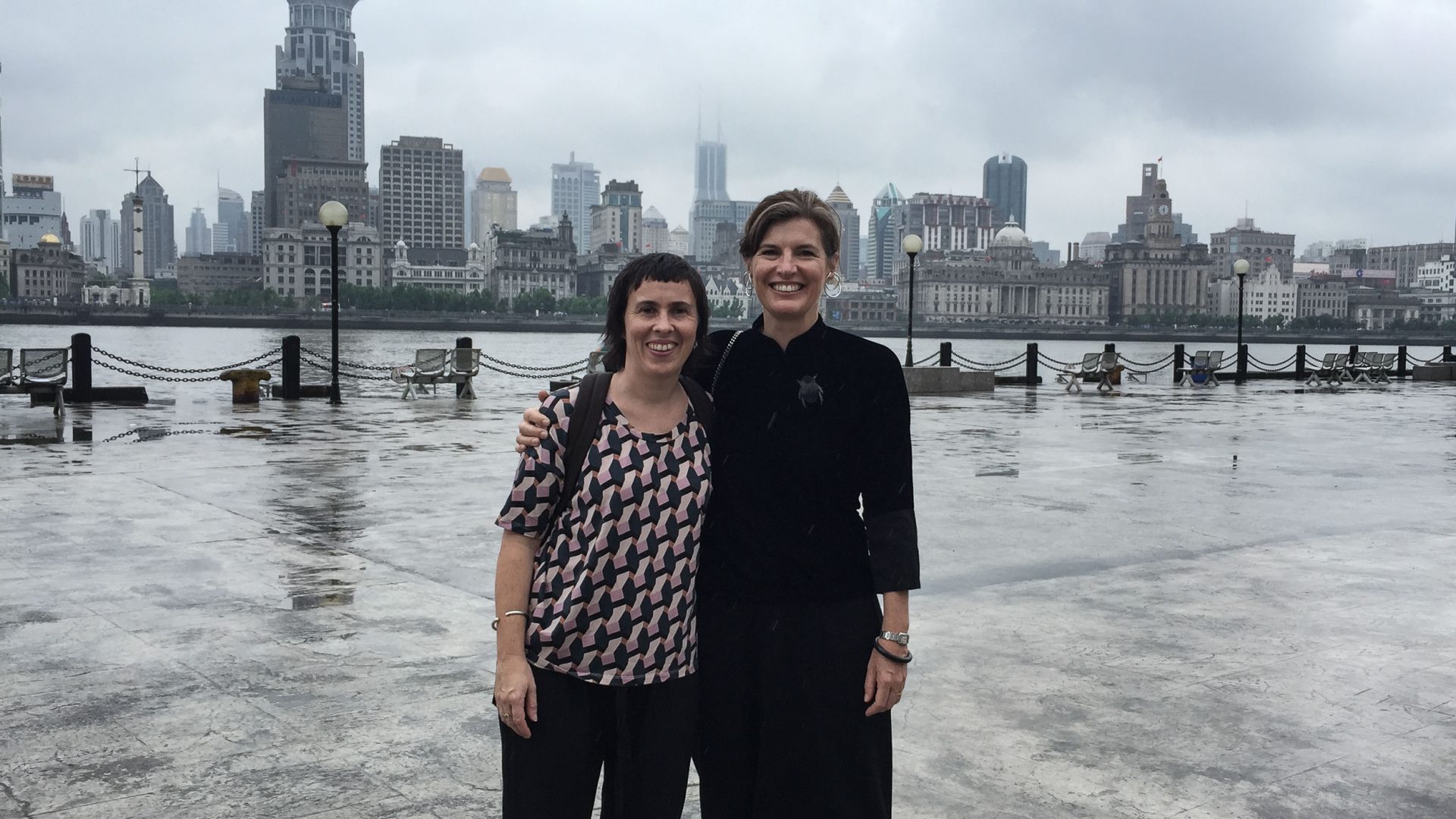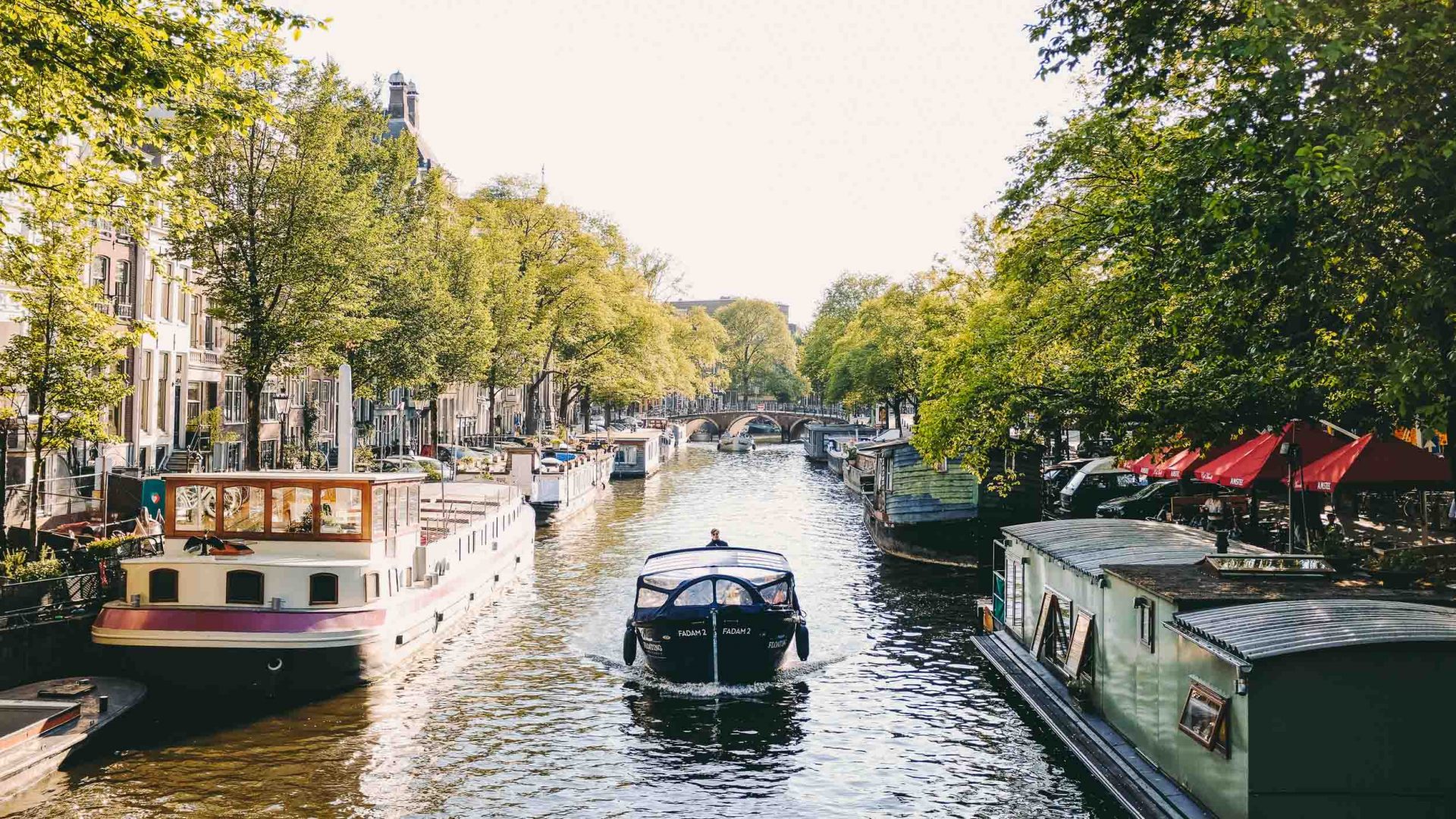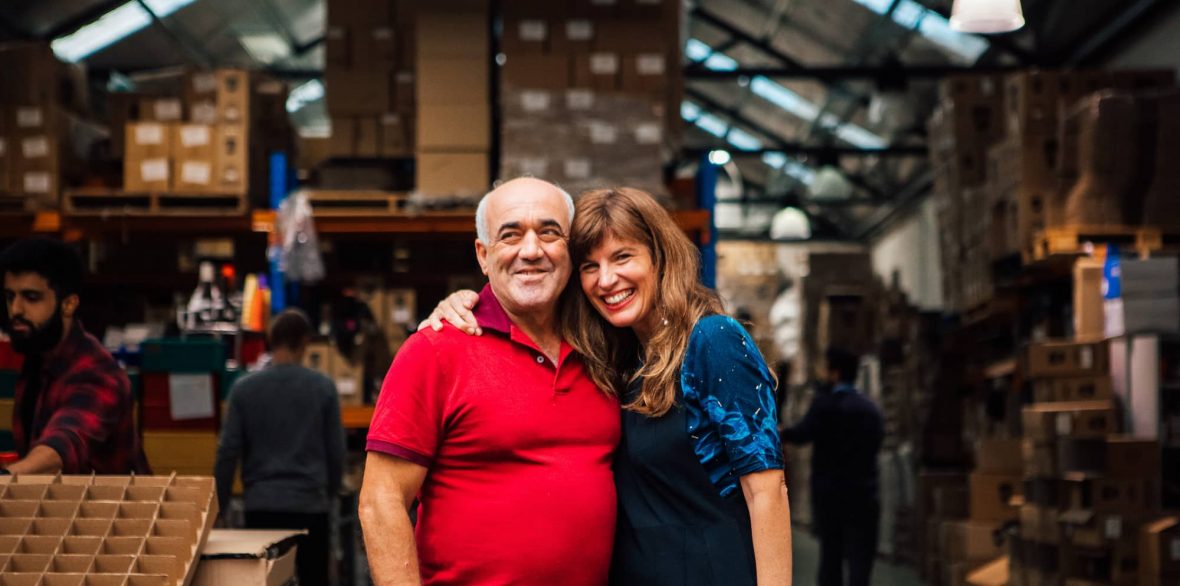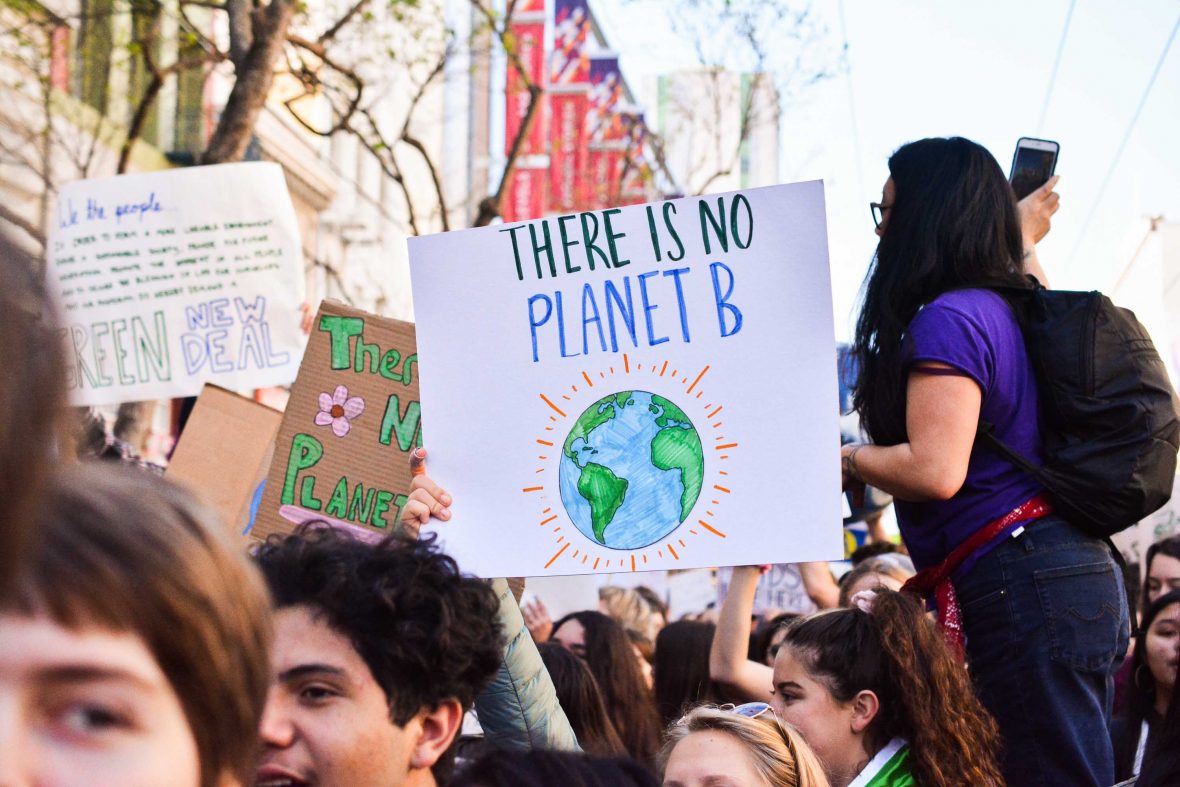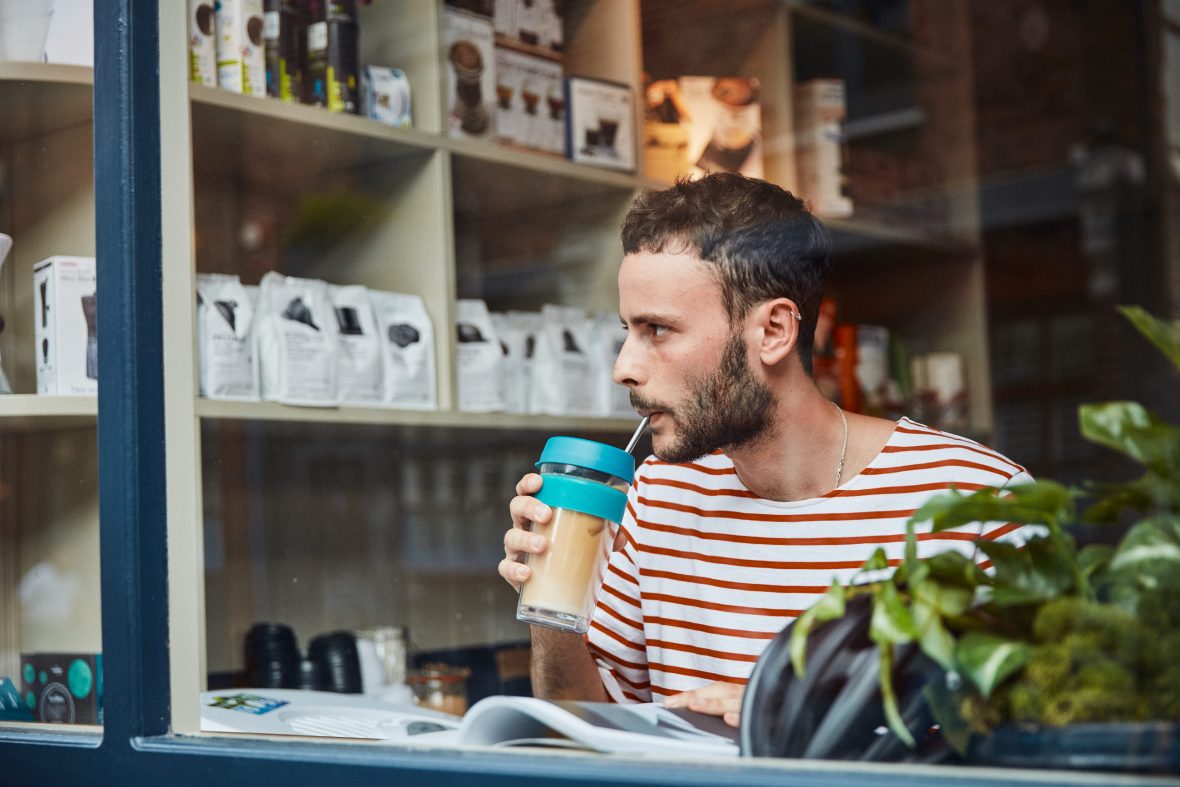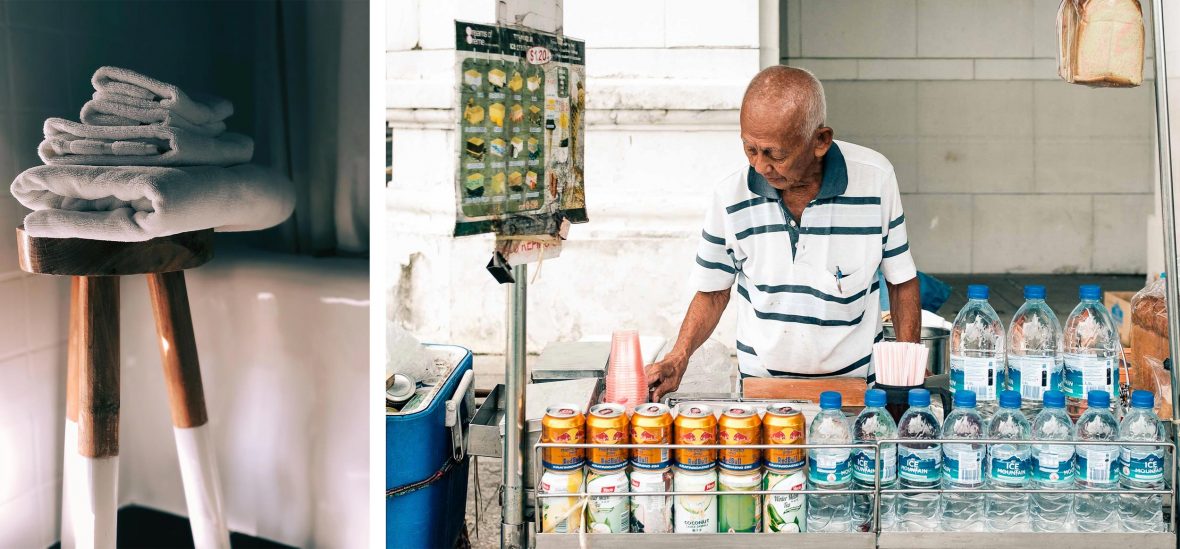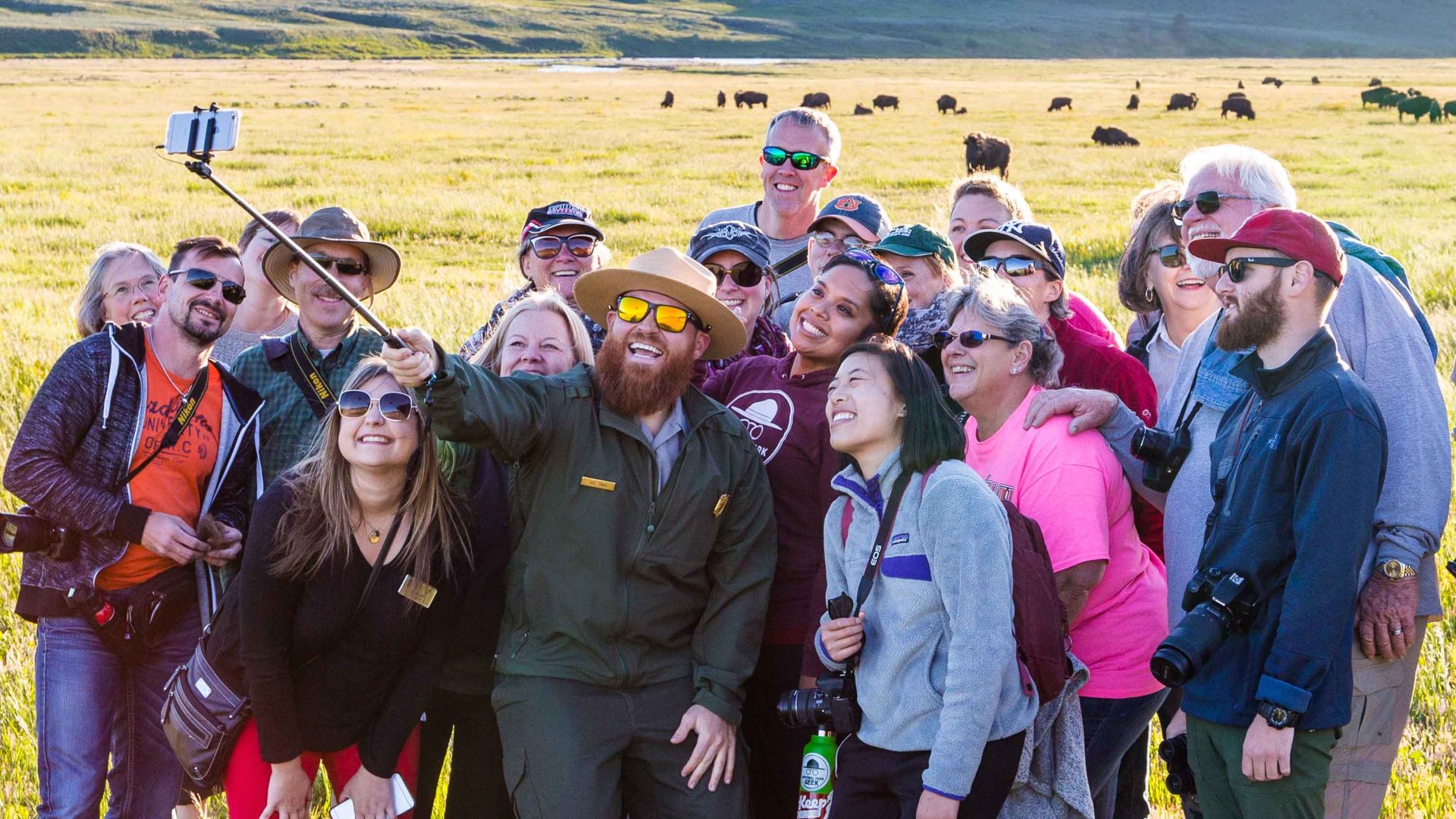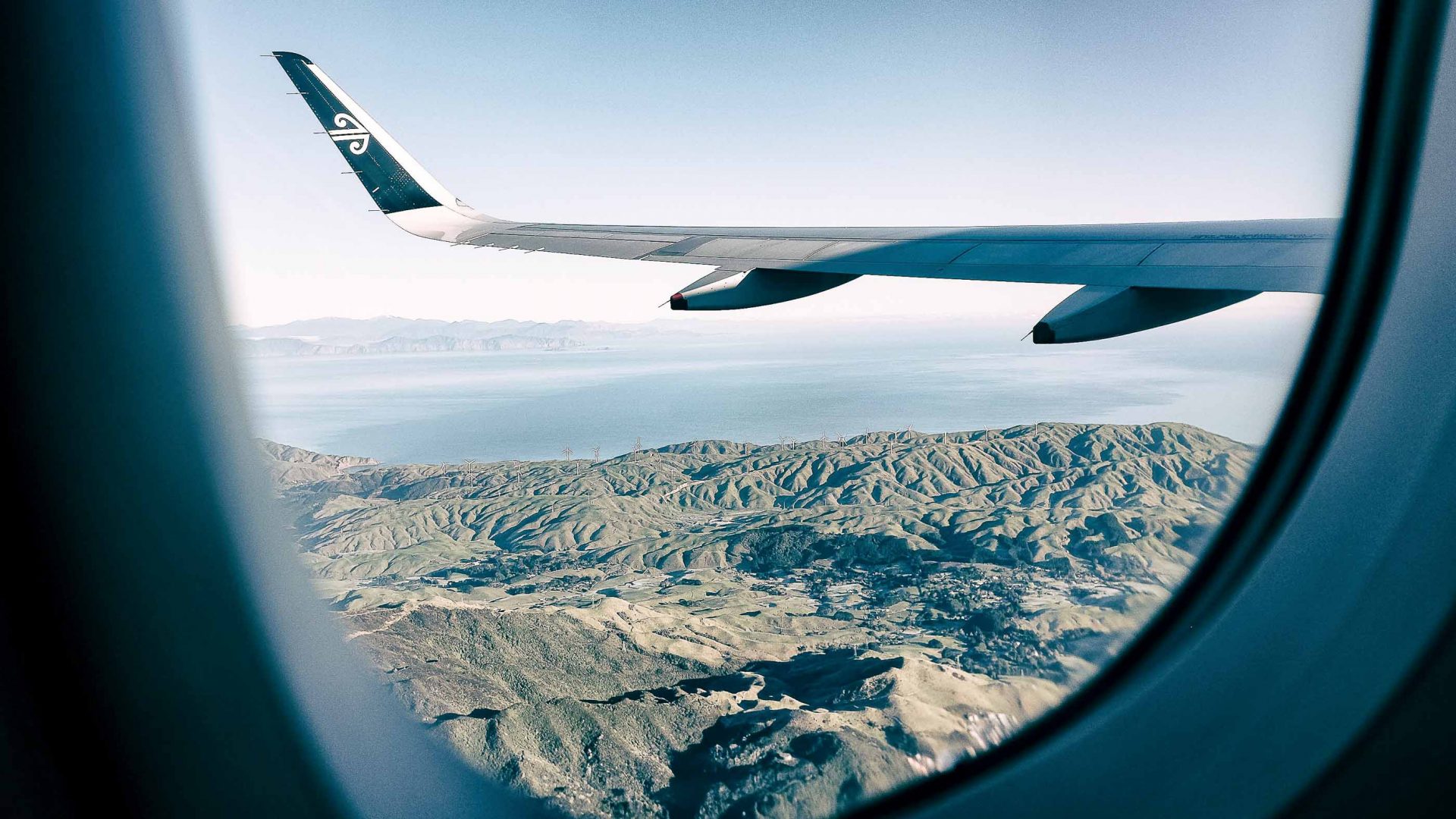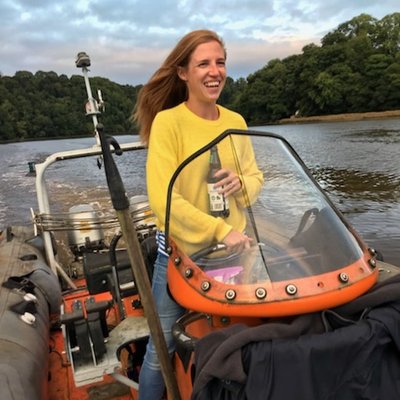For many, traveling for work is just part and parcel of their professional life. But does it have to be, and could we be doing it better? KeepCup founder and lover of travel, Abigail Forsyth, shares some advice for adopting more responsible business travel habits.
As told to Oliver Pelling
Travel has always been an important part of
my life. I was born in Scotland, lived there until I was three, then moved out
to Australia. My parents took me and my brother on a big trip when I was 13—we
went around Europe and the UK for three months. It was an amazing thing to do
at such a young age.
Then, when I was 18, like many Australians
before me (and certainly many after), I did the whole traveling around Europe
for four months with a friend. We backpacked all around Europe—Prague, Berlin,
Denmark, Norway, Amsterdam, drove through Scotland and more. We missed flights,
slept on airport floors, put our trust in strangers, the whole lot. It was
bloody fantastic.
Now I’m the owner of a business with offices in Australia, the United Kingdom and the United States, you could say my relationship to travel has changed a fair bit. And I’ve spent a fair amount of time traveling—or more specifically, flying—around the world for work.
RELATED: Are we ‘liking’ and sharing the great outdoors to death?
So when you consider the fact that my brother and I started KeepCup—a reusable coffee cup company—in order to curb the staggering amounts of waste created by disposable coffee cups around the world, the idea of flying in order to promote this environmentally-friendly product seems a bit hypocritical, doesn’t it?
Well, yeah. It was a bit.
I’m comfortable owning that because people and expectations change, and I don’t believe there’s anything to be gained from shaming what people have done in the past. What matters is what we do now we’re armed with a much clearer idea of the scale of the climate crisis we’re facing—which is why, among other things, I’ve overhauled my relationship with business travel.
Packing light has always been a competitive sport in my family, so that’s always a no-brainer. Of course, I always travel with my KeepCup, and I use it for other things too—storing snacks, headphones, other valuables you don’t want getting lost in your luggage.
I always travel with a reusable water bottle, but I’ll write letters to a hotel if they’re using plastic bottled water and ask them to stop. I’ll do the same if a hotel uses mini-bars, or those mini-fridges in rooms. Imagine the amount of electricity that could be saved if hotels banned them—not to mention all the plastic that could be prevented from going to waste if they banned all those mini bottles of shampoos and moisturises. And do you really need your towels changed during a two-night trip?
RELATED: The no-fly zone: Meet the travelers who have stopped flying
I’m pretty big on writing letters if I encounter something I don’t agree with too. I don’t know if I’ve just entered the age bracket where letter-writing has become a ‘thing’, or if it’s because of our current climate predicament but either way, I love a good letter.
And what about airlines? These guys could be doing so much more. Banning plastic cups, for one. Allowing people to purchase reusable bottles on board so they can refill them themselves. And imagine if airlines began running ads, just before landing in a country, that talked about sustainable tips for traveling through that country. Like, “the tap water here is fine to drink, so there’s no need to buy bottled water” or “reusable bags are available at all major supermarkets”—little things like that would make such a huge impact over the long-term.
When it comes to flying, ask whoever books your travel if you can fly direct—the fewer take-offs and landings in a trip, the lower the emissions. And while luxury can be appealing—particularly when the boss is paying—it’s worth keeping in mind that business and first-class travel allegedly leaves a carbon footprint three times the size of economy.
Ultimately, I don’t believe there’s any such thing as sustainable travel—not in a mainstream, commercial sense, anyway. That’s bullshit. There’s ‘responsible’ travel, sure, but travel, almost by definition, isn’t sustainable. And the same goes for most businesses. The most ‘sustainable’ thing for most businesses to do would be to close their doors, but we all have bills to pay and lives to live, so that’s just not going to happen.
The fact of the matter is that it’s all a journey. As businesses, travelers and individuals, we’re never going to reach a point in our sustainability journey and go, “Right, that’s me done. I’m fully sustainable now.” It’s just not going to happen. But what we can do is commit fully to reducing our environmental impact while increasing our social impact. If you’re able to stick to that, in whatever you do, then we’re on the right track.
—-



